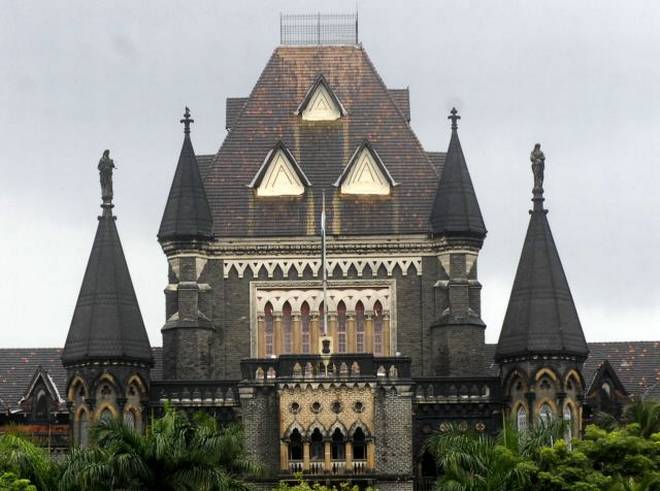Mumbai: The Bombay High Court (HC) on Tuesday directed the Talegaon MIDC police station to provide protection to the petitioner, 19-year old Priyanka Shete, after she alleged that there was a threat to her life from her parents as she was in a relationship with Viraj Aghwade who belongs to the Scheduled Caste.

A vacation bench of Justices M.S. Karnik and R.I. Chagla was hearing a petition filed by Shete through her counsel Nitin Satpute.
Shete, a 2nd year Law student, belongs to the Maratha community and fell in love with Aghwade, who is from the Maang (Matang) caste, during her studies. They had decided to get married after Aghwade attained the legally marriageable age.
The petition states that Shete’s parents are against inter-caste marriages and they tortured her when they came to know about her affair with a lower caste boy. It further states that Shete’s family threatened to kill the couple if she continued to meet him. Shete has further alleged that she was tortured so badly that she tried to commit suicide by consuming a lot of medicines on February 26.
Shete was then admitted to the Pavna Hospital at Pune where, after receiving necessary treatment, the hospital’s doctors referred the matter to the Talegaon police station as a medico-legal case. However, it was alleged that the police did not take any action. Later, in March, the petitioner’s parents recounted the entire matter to the petitioner’s paternal uncle who is an advocate. Allegedly, her uncle got infuriated at the petitioner and threatened her by brandishing a handmade (Katta) illegal firearm. He allegedly threatened to kill her “if she failed to break all relation with the lower caste Maang (Matang) boy.”
Thereafter, the petitioner was restrained from studying law. On April 27, when her parents tried to forcibly take her to Tamil Nadu, she ran away and contacted Aghwade.
The petitioner states that she has no faith left in the police machinery. She has sought action against her father and uncle. Further, she seeks protection of her Right to Life and Personal Liberty under Article 21 of the constitution. She has even pleaded for police protection for her partner and his family.
The state government told the bench to direct Shete to make a specific complaint at the police station. Accordingly, the bench directed a officer from the Talegaon MIDC police station to look into the allegations and ensure the petitioner’s safety.
Such instances are not the first of its kind in India, a land of diversity wherein a rigid caste hierarchy is unfortunately yet ingrained.
India has a long history of ‘honour’ killings, where couples are murdered for falling in love outside their communities. According to the National Crime Records Bureau (NCRB), between 2014 and 2015 alone, the number of honour killings in India increased by 798%. There have been more than 300 cases of honor killing from 2014 to 2016 with 251 cases in 2015 alone.
States such as Gujarat, Uttar Pradesh, Madhya Pradesh, Telangana and Andhra Pradesh are leading in such extra-judicial killings. Even in Haryana, where the infamous khap panchayats rule, such cases are often seen.
It is significant to note that such a heinous and regressive crime is not the monopoly of any particular religion. Though dominated by the Hindu Brahminical society, honor killings have taken place even in Christians and Muslims.
In a patriarchal society like India, women are considered as the torchbearers of honour of the family. Any attempts by them to assert their rights is seen as an attack on the culture and norms of the community. Thus, when a woman decides to fall in love beyond the social barriers of caste and class, it enrages her family. In India, regrettably, social status is given so much importance that such families prefer killing their daughters and/or their husbands so as to preserve their prestige in the society. Apart from curbing a woman’s individuality, such crimes reinforces the caste hierarchy in our country.
In 2006, the Supreme Court in a judgement had called such cases of honor killing ‘barbaric.’ However, till date, there are no separate laws for such an atrocious crime. Those found guilty are tried under various sections of the Indian Penal Code, usually for homicide and culpable homicide not amounting to murder.
India urgently needs new laws to tackle this growing culture of ‘honor crimes’ which are nothing but patriarchal crimes against love and an attempt to control a woman’s sexuality and choices.
Related Articles: